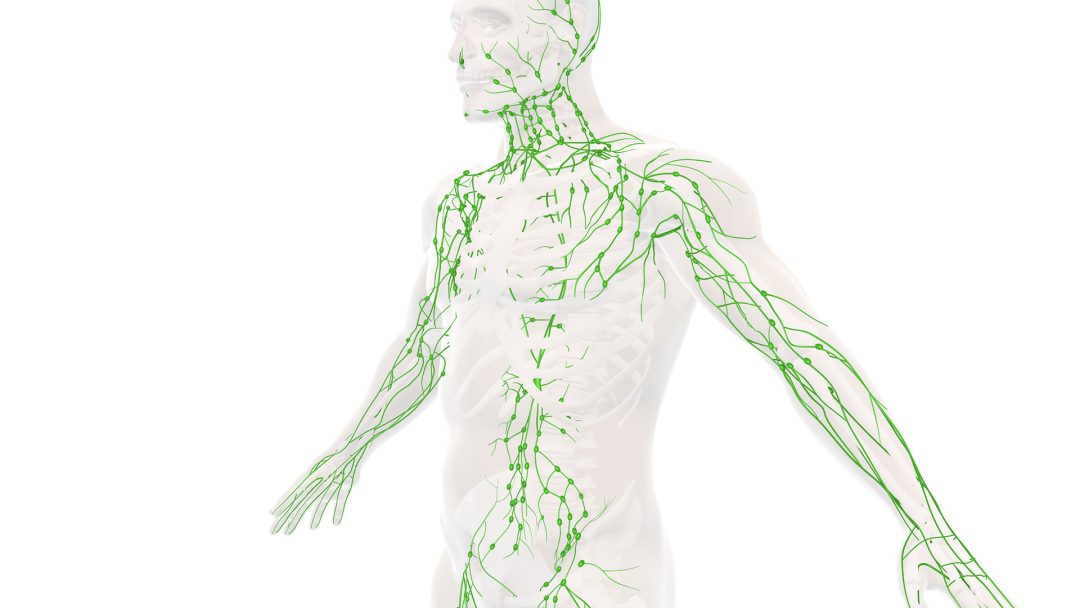Epstein-Barr Virus

The Epstein-Barr virus (EBV) is a common trigger for a variety of diseases, such as mononucleosis (also known as “kissing disease” or glandular fever), various cancers as well as exhaustion and ME/CFS. It is transmitted through saliva and mainly affects adolescents and young adults. The virus belongs to the genus of herpes viruses.
Symptoms of EBV
Typical symptoms of infection with EBV include:
- Persistent tiredness, exhaustion and fatigue
- Fever
- Sore throat
- Enlarged lymph nodes
- Enlarged spleen
- Occasionally skin rashes or jaundice may occur
Diagnosis of EBV
The diagnosis is based on the symptoms as well as physical examinations and special blood tests that can detect antibodies against EBV.
Thorough intestinal flora diagnostics are particularly important, as over 80% of the immune system is located in the intestine. The diagnosis of the intestinal flora forms the basis for an individual, holistic medical therapy approach. Through this diagnosis, serious disorders such as increased intestinal permeability (leaky gut), incorrect colonization (SIBO) or frequently occurring dysbiosis of the intestinal bacteria can be detected and treated at an early stage. The overall aim is to regulate and strengthen the immune system in order to enable an effective defense against EBV infection.
Treatment of EBV
Treatment for EBV infection is usually symptomatic and includes bed rest, abstinence from certain foods and adequate fluid intake. It is important to avoid physical exertion, as this can lead to an enlargement of the spleen and, in the worst case, to a ruptured spleen.
Despite successful treatment, an EBV infection often remains latent in the body and can become active again if the immune system is weakened. It is therefore important to ensure that the immune system is generally strengthened even after the acute phase of the infection.
There is no specific antiviral treatment for an Epstein-Barr virus (EBV) infection. A balanced and resilient immune system plays a crucial role in resisting disease and maintaining health. As the intestine plays a central role in the immune system, a professionally planned intestinal cure or intestinal cleansing should accompany the treatment.
Dr. med. Karsten Ostermann M.A.
Complementary medicine and integrative treatment approaches can be helpful in supporting the immune system and effectively helping those affected.

Further information
The information listed contains relevant topics and serves to improve understanding.